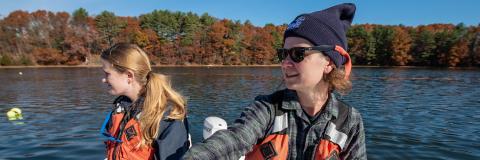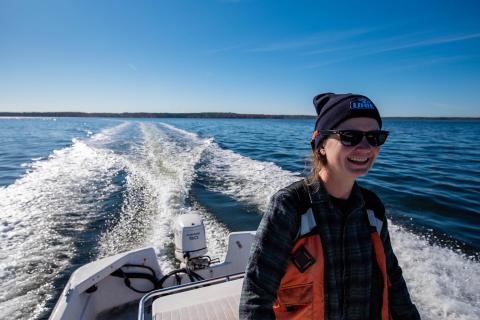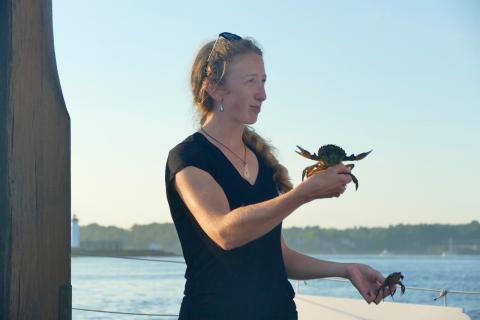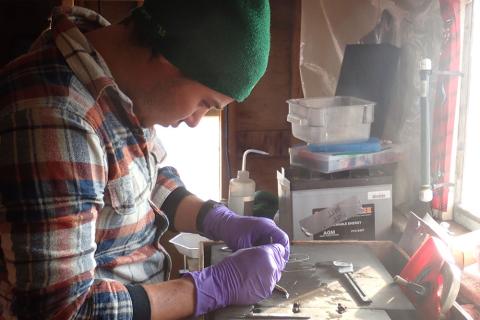
New Hampshire Sea Grant (NHSG) Graduate Research Fellowships help build the next generation of coastal and marine scientists, engineers, extension specialists, managers, educators, policy makers and more.
NH Sea Grant is not currently accepting applications for this program.
Student support may be included in Development Projects. We encourage students to connect with your advisors and/or reach out to our staff to explore connections with their research, extension, education, and outreach interests as well. Please feel free to contact our Fellowships Coordinator with any questions about this or other fellowships available through NH Sea Grant and the Sea Grant Network.
Fellowship questions?
Contact:
General Information
NHSG.Fellowships@unh.edu
Lindsey Williams, Ph.D.
NH Sea Grant
Lindsey.Williams@unh.edu




